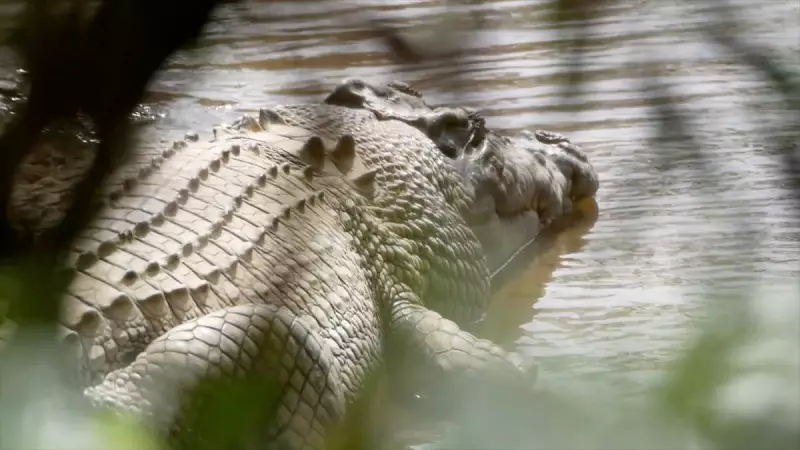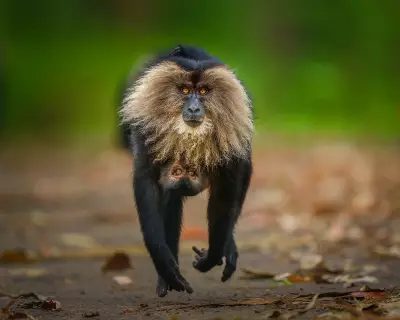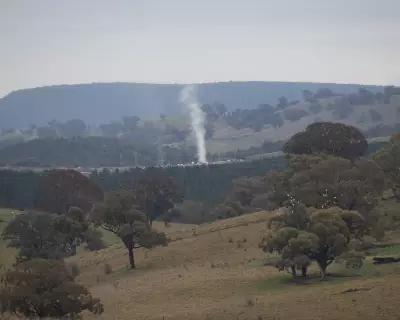
A major cultural dispute has erupted between Australia Zoo and Kabi Kabi Traditional Owners over the custody of a celebrated saltwater crocodile known as 'Old Faithful'. The massive 4.3-metre reptile, currently housed at the zoo founded by the late Steve Irwin, has become the centre of a passionate ownership battle.
Kabi Kabi representatives are demanding the crocodile's return to Country, arguing the animal holds deep cultural significance and should be relocated to a proposed native wildlife park within their traditional lands. The crocodile was originally captured from the Sunshine Coast's Noosa River in 2004 after being deemed a risk to public safety.
Cultural Significance vs Conservation Legacy
The Traditional Owners emphasise that Old Faithful represents more than just wildlife - he's considered a cultural ancestor. "This isn't just about an animal in a zoo," explained a Kabi Kabi spokesperson. "This crocodile carries our stories, our connection to Country, and our cultural responsibilities."
Australia Zoo, however, maintains the crocodile serves as an important ambassador for conservation education. The zoo highlights its role in continuing Steve Irwin's legacy of wildlife protection and public awareness about crocodile conservation.
A Complex History
The controversy dates back to the crocodile's original capture nearly two decades ago. Queensland's Department of Environment initially authorised the relocation to Australia Zoo, but Kabi Kabi representatives argue proper consultation with Traditional Owners never occurred.
Recent developments have seen the Queensland government commit to reforming how culturally significant animals are managed, potentially opening new pathways for resolution. The Department has acknowledged the need for greater involvement of First Nations people in decisions affecting wildlife on their traditional lands.
Broader Implications for Wildlife Management
This case highlights growing tensions between conventional wildlife management practices and Indigenous cultural rights across Australia. Similar disputes are emerging nationwide as Traditional Owners seek greater involvement in caring for culturally significant species.
The outcome could set important precedents for how zoos, conservation groups, and government agencies collaborate with Indigenous communities on wildlife matters moving forward.





